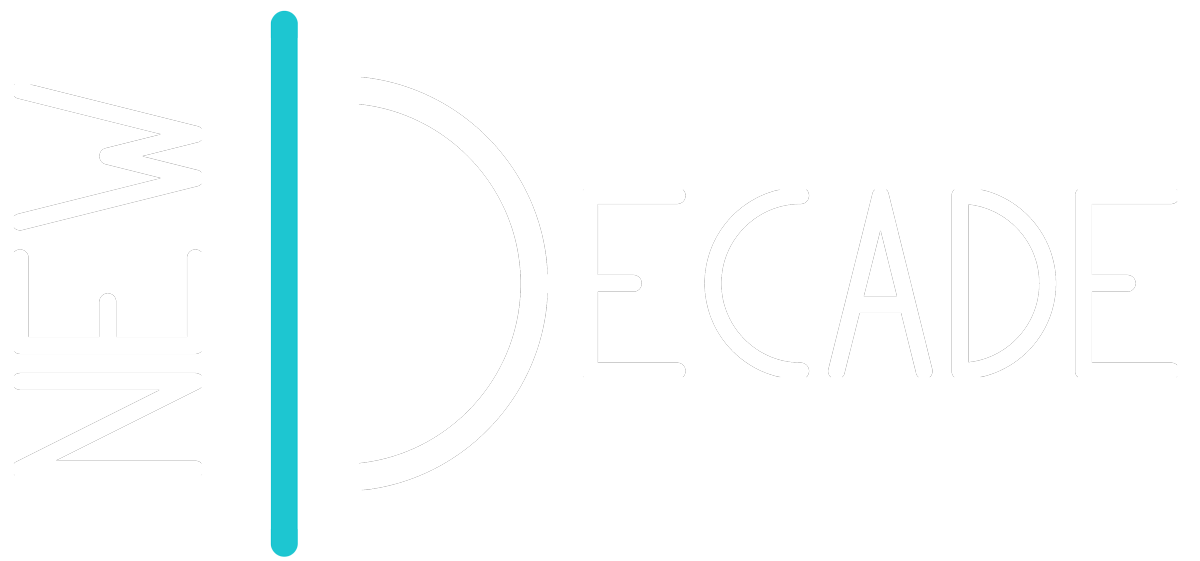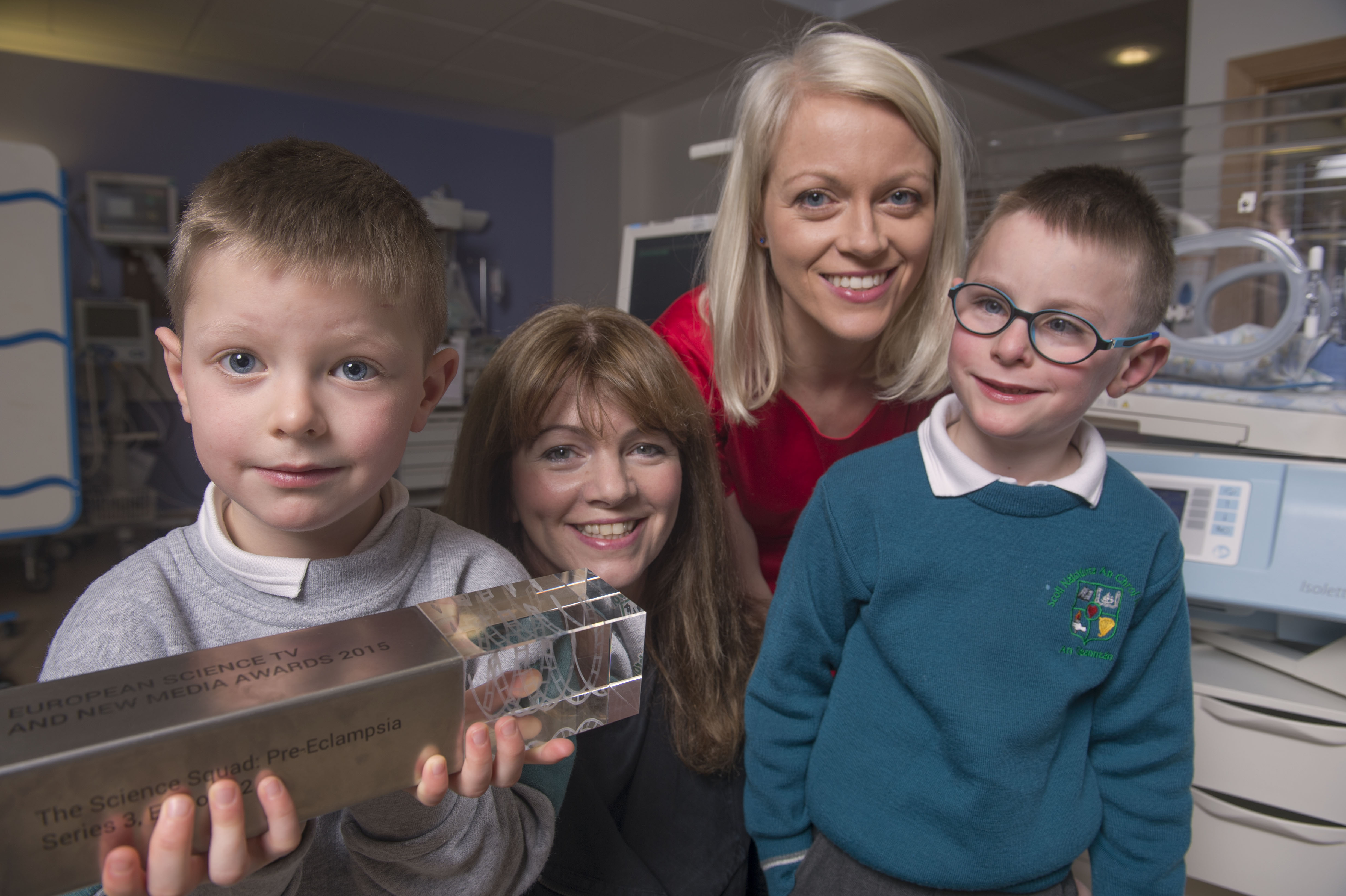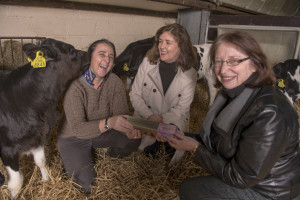THE SCIENCE SQUAD wins prestigious award at The European Science TV and New Media Festival in Lisbon, a showcase of the best of European science programming.
The award-winning episode featured in series 3 of the “The Science Squad”, in the “Best Programme in the Women in Science” category but they also said that the award “reflected an appreciation of the quality of the series in general” which currently airs on RTE as “10 Things To Know About…”. Series Producer Nuala Cunningham attended the award ceremony in Lisbon, saying “New Decade is delighted and honoured to win this award and we share it with the wonderful presenters and sponsors of the show but also of course with the researchers without whose cutting edge work we would have no show to make!”
Women featured strongly throughout the series which highlighted the work of Prof Louise Kenny, Bernadette O’Brien, Dr Rhiona Sayers, Dr Lisa O’Donoghue, Jacent Asiimwe, Barbara Murphy and Prof Jane Stout to name just a few.
The award-winning episode featured Prof. Louise Kenny at Cork University Maternity Hospital and her research on complications in late pregnancy including pre-eclampsia, foetal growth restriction and spontaneous preterm birth.
“Up to 70,000 women die each year as a direct cause of preeclampsia, a life-threatening condition that occurs during pregnancy. The condition often means that babies must be born early. Premature babies are 10 times less likely to survive than full-term infants and are also more likely to suffer brain injury. This dangerous and complex condition is not yet fully understood, but Prof Kenny is working to develop a clinically robust, predictive blood test for pre-eclampsia. If she and her team succeed, the test could dramatically reduce mortality rates among mothers and their babies. As Prof Kenny explains, “This is about saving the lives of mothers and their babies: That’s why we get up every morning, that’s why this is so important. Mums matter: every baby counts”.
One of the other female researchers on the programme was Bernadette O’Brien, Project Coordinator of robotic milking at Teagasc’s Research and Innovation Centre. Robotic milking systems have been commercially available since the early 90s and are widely used in mainland Europe. There, cows are predominately fed indoors and the reward of feed motivates the cow to present herself for milking. The challenge in Ireland is, how to encourage cows to enter the system when they are happily grazing on grass out in the fields! Bernadette and her team have devised ingenious solutions to this problem.
Dr Riona Sayers is another Teagasc researcher working with engineers from the Tyndall Institute to develop a diagnostic toolkit to allow farmers to test for the presence of liver fluke. “Liver fluke is an extremely important disease of Irish livestock and one that requires constant vigilance given our climatic conditions. Given its economic impact in all livestock and often fatal outcomes in sheep, it is essential that awareness of this parasite remains high amongst our farming communities,” says Riona. The novel techniques that Teagasc (in conjunction with partners in UCD, Tyndall National Institute, ICBF, Zoetis and Enfer) will serve to greatly improve our knowledge of liver fluke control strategies and ultimately lead to improved health for Irish livestock.
With consumer replacing their TVs every few years it’s a real challenge to recycle and dispose of LCD screens which contain significant amounts of lead, mercury, liquid crystal and other hazardous materials. Many recyclers have simply been stockpiling while waiting for the emergence of a viable technology butDr Lisa O’Donoghue from UL spin-out VOTECHNK is pioneering the world’s first fully automated machine to recycle LCD Flat screens, remove the potentially hazardous components and even recover some of their valuable materials!
In Uganda, the Solar Disinfection (SODIS) project is being funded by RCSI and the Higher Education Authority through Irish Aid. The project involves filling transparent PET-bottles or glass bottles with contaminated water and then exposing them to the sun for 6 hours. The UV-radiation of the sun kills the bacteria in the water and makes it safe to drink. The beauty of this solution is that it requires no technology, very little infrastructure and operates solely on the heat of the sun! Aoibhinn travelled to Uganda to meet RCSI PhD student Jacent Asiimwe to find out about the science behind the process and they visited some of the schoolchildren who will directly benefit from the technology.
The Thoroughbred breeding industry operates within the confines of very tight breeding and racing calendars. Currently, breeders artificially advance the mares’ breeding cycle by keeping them indoors under lights for 12 weeks but Barbara Murphy, head of UCD spinout Equilume has developed an innovative new method of providing artificial light to horses – a light mask with tiny blue LED lights set into one of the eye cups of a pair of conventional blinkers routinely worn by horses. The light limits the level of the hormone melatonin which is usually produced in darkness and successfully advances the breeding season while crucially allowing the horses to remain outside in their natural environment. The technology is already proving to be a great commercial success throughout the world.
The series also featured contribution from Prof Jane Stout – an IRC funded researcher who is looking at the human impacts on biodiversity and the importance of pollinating insects to the wider ecology. With honey bees disappearing at an alarming rate over the last number of years Jane is investigating the true extent of the problem, what the consequences might be in terms of biodiversity and what can be done to stop the decline in bee health.
____________________________________
Based in Dublin and founded in 1990, New Decade has extensive experience in the creation and production of high quality factual and entertainment programming for national and international broadcasters. Through series such as “The Science Squad” (now “10 Things to Know About….”) and “The Investigators” they have particular expertise in the visual communication of scientific research having produced over 6 series highlighting and celebrating the phenomenal amount of world class research which is being undertaken in Ireland. New Decade is also currently developing an international version of this series with collaborators in Europe and South Africa, which will showcase Ireland’s top class research on a global stage.
The programme, which is funded by the Higher Education Authority, Teagasc, the Environmental Protection Agency, RCSI, Enterprise Ireland, the Irish Research Council and Science Foundation Ireland will have its final episode of the current series screened on RTE at 8.30pm on Monday Dec 7th.
END
For further information please contact Anna Downes (087)2528160, anna@xposure.ie


